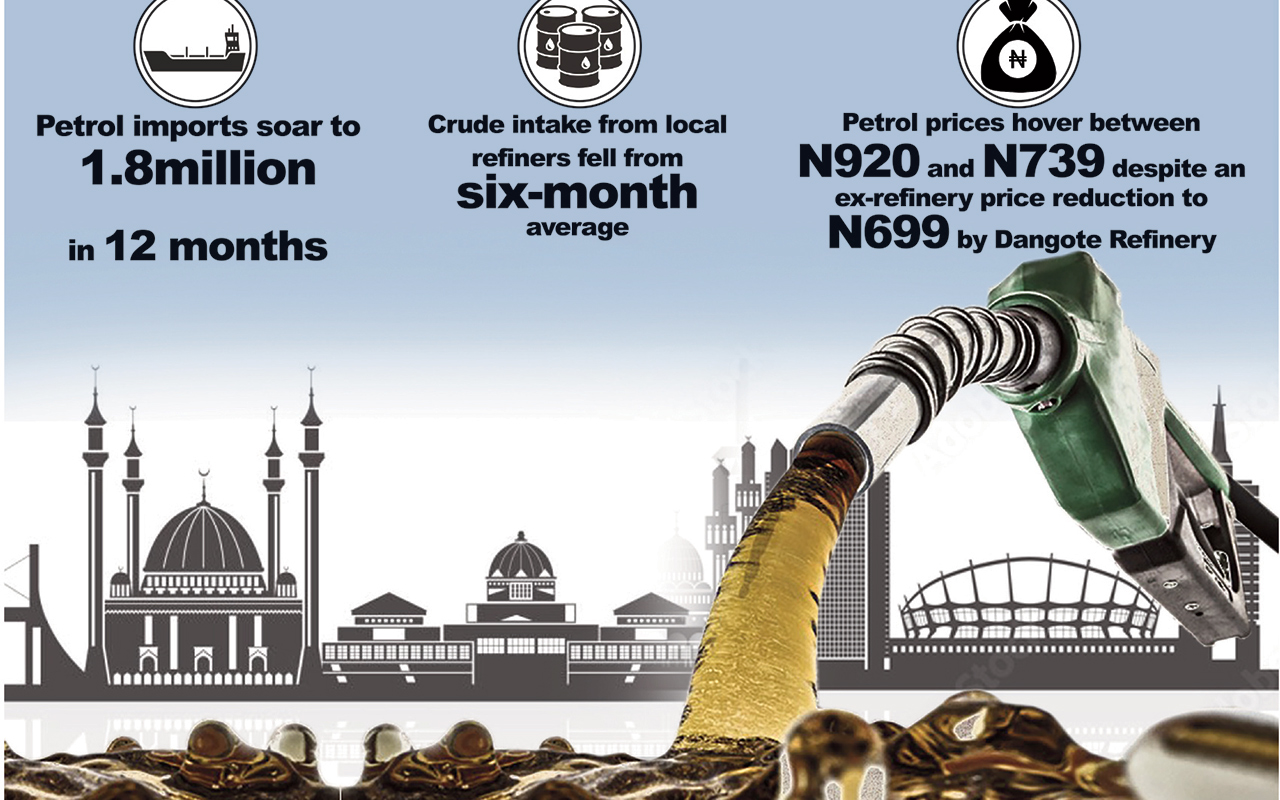The Nigerian Upstream Petroleum Regulatory Commission (NUPRC) has opposed the proposed National Commission for Decommissioning of Oil and Gas Installations (NC-DOGI) Bill, 2024, describing it as unnecessary, duplicative, and inconsistent with global best practices.
The commission made its position known on Thursday at a public hearing organised by the House of Representatives Committee on Petroleum Resources (Upstream), chaired by Alhassan Doguwa, in Abuja.
Representing the commission, Director Emmanuel Macjaja warned that establishing a new agency to manage the shutdown and decommissioning of oil and gas facilities would fragment regulatory oversight, duplicate existing functions, and impose avoidable financial burdens on the Federal Government.
He explained that the Petroleum Industry Act (PIA) 2021 already provides a comprehensive framework for decommissioning and abandonment (D&A) within Nigeria’s oil and gas sector.
According to him, Sections 232 and 233 of the Act empower the NUPRC and the Nigerian Midstream and Downstream Petroleum Regulatory Authority (NMDPRA) to oversee all aspects of decommissioning planning, execution, and fund administration.
“The creation of an entirely new commission will duplicate existing functions, increase regulatory fragmentation, and impose unnecessary financial and institutional burdens on the Federal Government,” the NUPRC stated.
The commission further argued that decommissioning is an integral part of the oilfield lifecycle, not a standalone activity, noting that major oil-producing nations such as Norway, the United States, and the United Kingdom do not operate separate decommissioning agencies. Instead, their petroleum regulators manage the entire field lifecycle from licensing to shutdown.
“The PIA was deliberately designed to embed decommissioning oversight within existing regulators to promote clarity, cohesion, and predictability. Creating another agency would contradict these principles and discourage investment in the sector,” Macjaja added.
The NUPRC also highlighted that it had already developed and implemented the Upstream Decommissioning and Abandonment Regulations 2023, which operationalise the provisions of the PIA by guiding operators on fund estimation, escrow account management, and D&A plan approvals.
It disclosed that the commission had reviewed and approved over 80 decommissioning and abandonment plans, including those linked to major oil divestments involving NAOC, SPDC, TotalEnergies, and Equinor.
The NUPRC cautioned that setting up a new commission would worsen the Federal Government’s contingent liabilities, as the Nigerian National Petroleum Company Limited (NNPC Ltd), which holds majority equity in most joint ventures, bears responsibility for between 60 and 100 per cent of decommissioning costs.
Earlier, Doguwa clarified that the public hearing was not an investigative session but part of the legislature’s inclusive approach to gather expert input on the proposed bill.
He stressed that the House was committed to ensuring that every legislative intervention in the oil and gas sector is evidence-based and aligned with both national interest and international best practices.
Doguwa noted that the proposed bill addresses a critical aspect of Nigeria’s energy transition, environmental sustainability, and responsible resource management.
According to him, “The National Assembly recognises the importance of balancing economic growth with ecological preservation, especially as Nigeria moves toward cleaner energy sources.”






